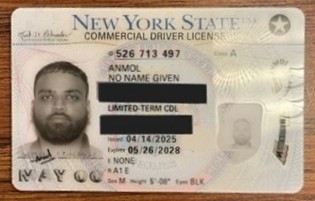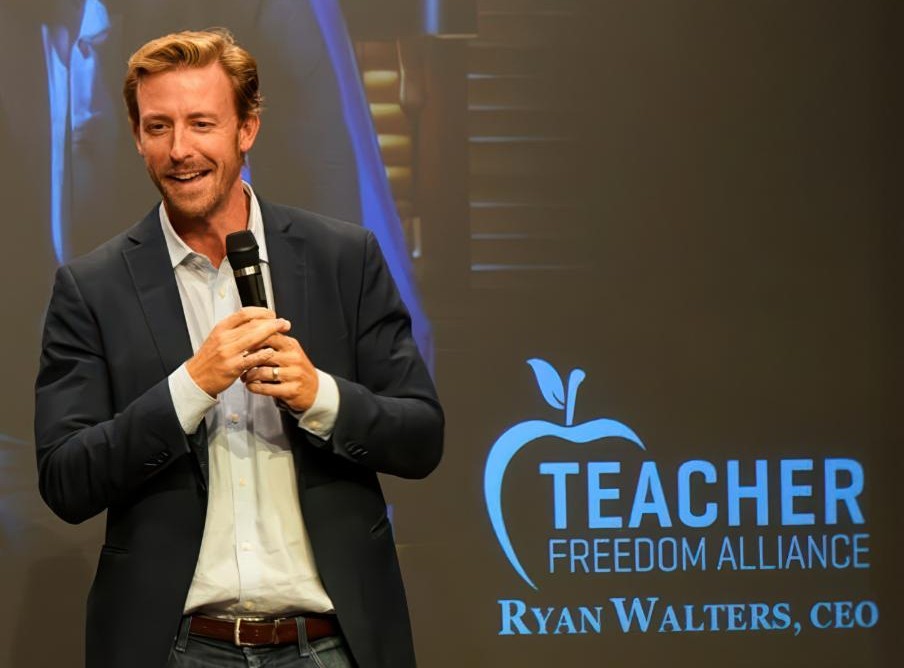Oklahoma Developers Case Covered in Book
Tal's case is one of many such "thefts" alleged by Don Corace in his best-selling book, Government Pirates. Either by eminent domain, or by extremist environmental laws and lawsuits, scores of U.S. citizens have had their property taken or otherwise reduced in value, Corace contends in his 271-page book, published by Harper Collins. The book retails for $14.95.
In 1995, Tal submitted plans to develop 1.4 acres of land he owned in downtown Oklahoma City into various enterprises, such as the Toby Keith restaurant. The city refused to agree to the plan. Tal told the Oklahoma Constitution that certain politicians demanded a 10% bribe, before he could proceed, and that Mayor Ron Norick even insisted upon Tal sponsoring his son's race car. Tal said that condemnation procedures began only six weeks later after his refusal.
When contacted by the Oklahoma Constitution, Norick dismissed Tal's claims. "He couldn't even afford to sponsor my son's race car," Norick said. What Norick thought Tal was referencing was Norick's request that Tal provide them the opportunity to "test" a fuel additive that Tal was working on.
Norick said that Tal was given the opportunity to bid on the development projects in Bricktown, but, "he couldn't get the financing together."
Asked his philosophical position on the use of eminent domain, Norick said that the city had to have the authority to use eminent domain for redevelopment projects, or otherwise "one property owner could up a project." While Norick said that the property owner should justly compensated, he believed that eminent domain could be used by the city to condemn property to turn over to a private developer. He said that power should be used be on a "case by case basis," to be determined by a court, should negotiations fail.
The Constitution of the state of Oklahoma forbids the government to take private property, except for a public use, without consent, with or without compensation. In other words, if a property owner was offered just compensation, and simply did not want to sell, he could refuse to sell, unless the project was for a public use, like a road.
The city claimed they needed the land for parks, recreational facilities, and parking, all public uses, not just public purposes. Although appraisals for the property were in the range of $5 million, the city offered only one percent of that -- $50,000. Tal sued the city, but Judge Niles Jackson ruled that the city had a right to condemn the property for "public use" under the doctrine of "eminent domain."
Instead of using the land for parks, the city announced plans to sell the property to another developer, Randy Hogan, for $165,000. Tal then went back to court, arguing that the city had misrepresented the use of the land. A portion of the land (.3 acres) that the city told Tal was only worth $50,000 was eventually sold to Toby Keith for $1.5 million! Tal told the Oklahoma Constitution that means the land the city took from him was worth $9 million, not $50,000!
Tal presently has a lawsuit pending, with the trial expected sometime in 2009, on the grounds that the city abused eminent domain, with a judgment obtained by fraud. Tal's attorneys in the case are James Dunn, and Dan Nelson.
The Oklahoma Constitution included an eminent domain vote by the Oklahoma House of Representatives in our 2005 Oklahoma Conservative Index. The proposed change in law would have added to the reasons allowing cities to condemn property for a private use. The bill (HB 1939) passed the House, adding the words "unproductive, undeveloped or underdeveloped" as reasons to condemn, take, and turn over to another for private use, if it is "necessary to promote the general or economic welfare of such city or town." Existing law only allows the taking of private property if it is found to be in a blighted condition.
As mentioned above, this proposal directly violated the state Constitution, that says, "No private property shall be taken or damaged for private use, with or without compensation, unless by consent of the owner." Since private developers could obtain property cheaper through government condemnation rather than purchasing the property directly from the owners through a true free market transaction, this is the equivalent of outright theft.
Interestingly, shortly after the adjournment of the 2005 Oklahoma Legislature, the Supreme Court of the United States announced its infamous Kelo decision, upholding the taking of private land in Connecticut, not for a "public use," but rather simply a "public purpose." This led many legislators in Oklahoma, including some supposed conservative Republican lawmakers, to backtrack on their vote a few weeks earlier.
The Oklahoma Constitution will keep our readers updated upon the Moshe Tal lawsuit.










Latest Commentary
Thursday 30th of October 2025
Thursday 30th of October 2025
Thursday 30th of October 2025
Thursday 30th of October 2025
Thursday 30th of October 2025
Thursday 30th of October 2025
Thursday 30th of October 2025
Thursday 30th of October 2025
Thursday 30th of October 2025